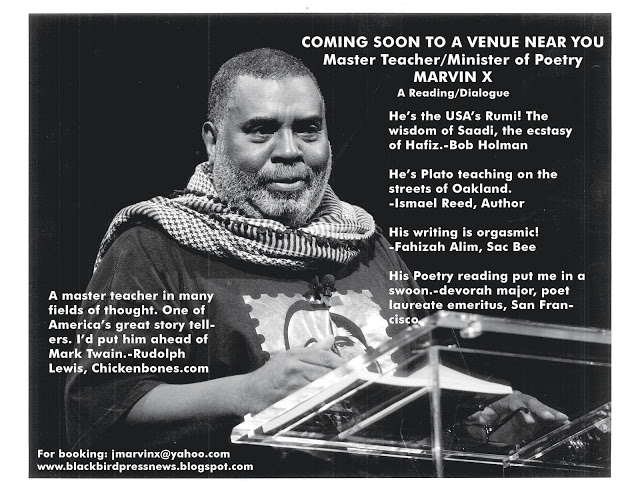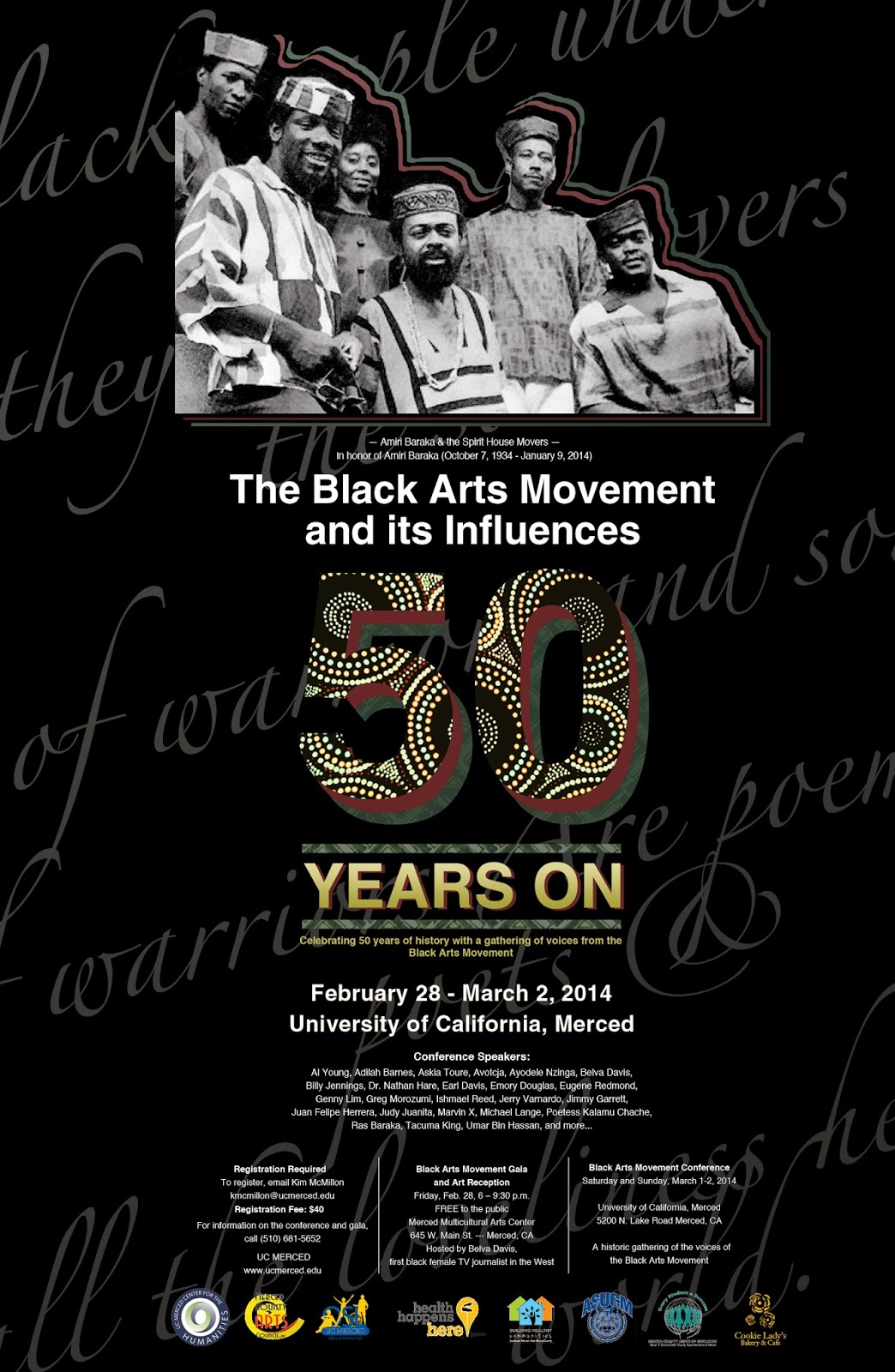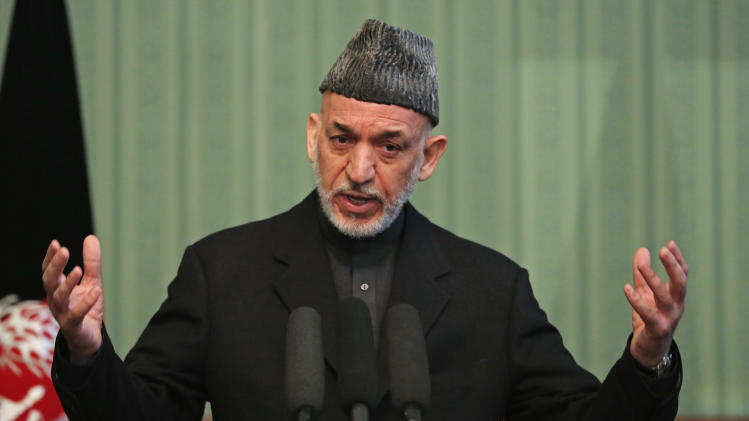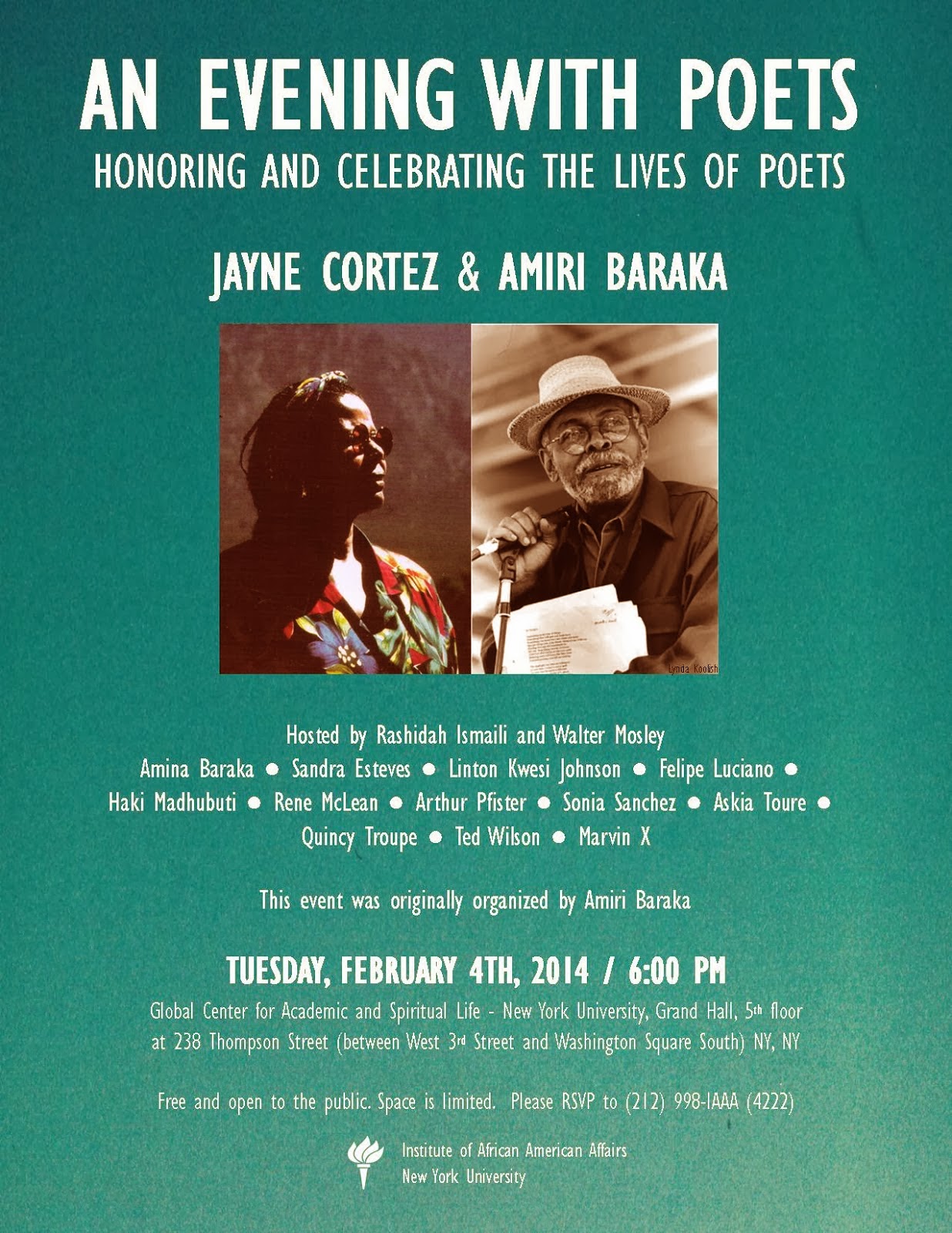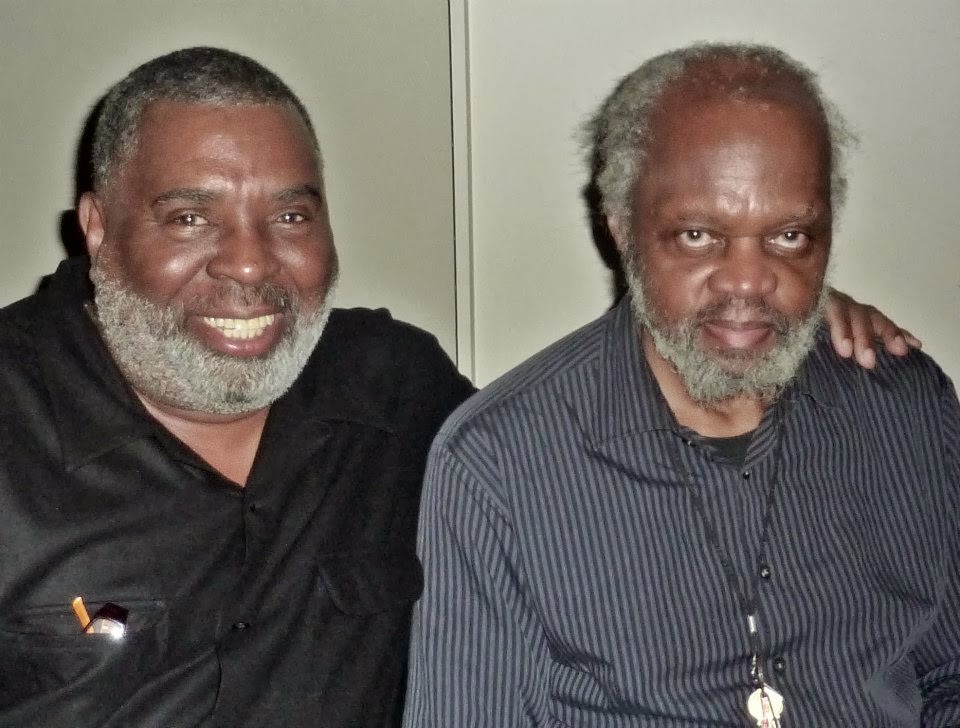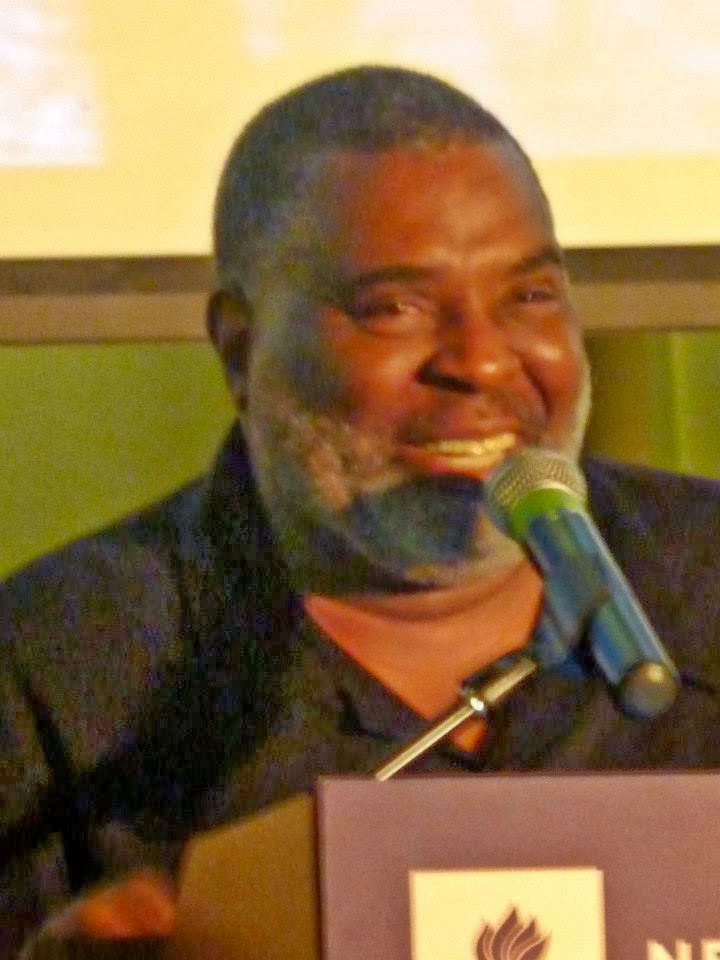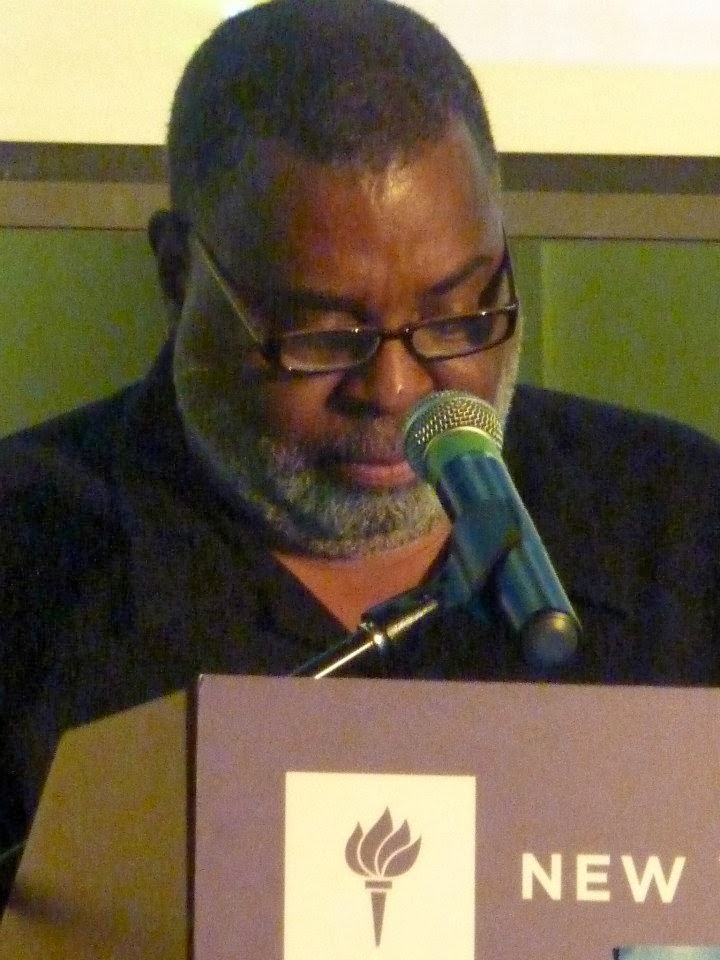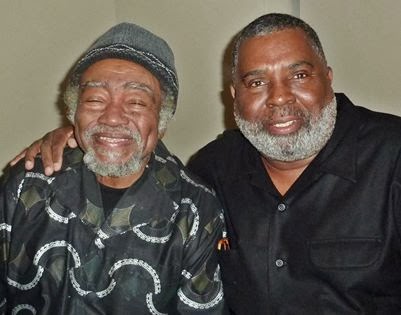![The lynching of Laura Nelson]()
The lynching of Laura Nelson
![Unidentified Man and Two Women Lynched. Unidentified Man and two women lynched.]()
Unidentified Man and Two Women Lynched.
Printed as a community service by Dr. Daniel Meaders, Professor of History at William Patterson University, and author of several books and articles, including Dead or Alive, Fugitive Slaves and White Indentured Servants Before 1800 (Garland Press, 1993)
*** If you think what you are about to read is important, please leave us a comment below and share your thoughts. We want to know what led you to search for this information. It has been getting a lot of attention lately and we value your input.
Jennie Steers
On July 25, 1903 a mob lynched Jennie Steers on the Beard Plantation in Louisiana for supposedly giving a white teenager, 16 year-old Elizabeth Dolan, a glass of poisoned lemonade. Before they killed her, the mob tried to force her to confess but she refused and was hanged. (100 Years at Lynching. Ralph Ginzburg)
Laura Nelson
Laura Nelson was lynched on May 23, 1911 In Okemah, Okluskee, Oklahoma. Her fifteen year old son was also lynched at the same time but I could not find a photo of her son. The photograph of Nelson was drawn from a postcard. Authorities accused her of killing a deputy sheriff who supposedly stumbled on some stolen goods in her house. Why they lynched her child is a mystery. The mob raped and dragged Nelson six miles to the Canadian River and hanged her from a bridge.(NAACP: One Hundred Years of Lynching in the US 1889-1918 )
Ann Barksdale or Ann Bostwick
The lynchers maintained that Ann Barksdale or Ann Bostwlck killed her female employer in Pinehurst, Georgia on June 24, 1912. Nobody knows if or why Barksdale or Bostick killed her employer because there was no trial and no one thought to take a statement from this Black woman who authorities claimed had ”violent fits of insanity” and should have been placed in a hospital. Nobody was arrested and the crowd was In a festive mood. Placed in a car with a rope around her neck, and the other end tied to a tree limb, the lynchers drove at high speed and she was strangled to death. For good measure the mob shot her eyes out and shot enough bullets Into her body that she was “cut in two.”
Marie Scott
March 31, 1914, a white mob of at least a dozen males, yanked seventeen year-old Marie Scott from jail, threw a rope over her head as she screamed and hanged her from a telephone pole in Wagoner County, Oklahoma. What happened? Two drunken white men barged Into her house as she was dressing. They locked themselves in her room and criminally “assaulted” her. Her brother apparently heard her screams for help, kicked down the door, killed one assailant and fled. Some accounts state that the assailant was stabbed. Frustrated by their inability to lynch Marie Scott’s brother the mob lynched Marie Scott. (Crisis 1914 and 100 Years of Lynching)
Mary Turner 1918 Eight Months Pregnant
Mobs lynched Mary Turner on May 17, 1918 in Lowndes County. Georgia because she vowed to have those responsible for killing her husband arrested. Her husband was arrested in connection with the shooting and killing Hampton Smith, a white farmer for whom the couple had worked, and wounding his wife. Sidney Johnson. a Black, apparently killed Smith because he was tired of the farmer’s abuse. Unable to find Johnson. the killers lynched eight other Blacks Including Hayes Turner and his wife Mary. The mob hanged Mary by her feet, poured gasoline and oil on her and set fire to her body. One white man sliced her open and Mrs. Turner’s baby tumbled to the ground with a “little cry” and the mob stomped the baby to death and sprayed bullets into Mary Turner. (NAACP: Thirty Years of Lynching in the U.S. 1889-1918 )
Maggie Howze and Alma Howze -Both Pregnant
Accused of the murder of Dr. E.L. Johnston in December 1918. Whites lynched Andrew Clark, age 15, Major Clark, age 20, Maggie Howze, age 20, and Alma Howze, age 16 from a bridge near Shutaba, a town in Mississippi. The local press described Johnston as being a wealthy dentist, but he did not have an established business in the true sense of the word. He sought patients by riding his buggy throughout the community offering his services to the public at large in Alabama. Unable to make money “peddling” dentistry, the dentist returned to Mississippi to work on his father’s land near Shabuta. During his travels he had developed an intimate relationship with Maggie Howze. a Black woman who he had asked to move and lived with him. He also asked that she bring her sister Alma Howze along. While using the Black young women as sexual objects Johnson impregnated both of them though he was married and had a child. Three Black laborers worked on Johnston’s plantation, two of whom were brothers, Major and Andrew Clark. Major tried to court Maggie, but Johnson was violently opposed to her trying to create a world of her own that did not include him. To block a threat to his sexual fiefdom, Johnston threaten Clark’s life. Shortly after Johnston turned up dead and the finger was pointed at Major Clark and the Howze sisters. The whites picked up Major, his brother, Maggie and her sister and threw them in jail. To extract a confession from Major Clark, the authorities placed his testicles between the “jaws of a vise” and slowly closed it until Clark admitted that he killed Johnston. White community members took the four Blacks out of jail, placed them in an automobile, turned the head lights out and headed to the lynching site. Eighteen other cars, carrying members of the mob, followed close behind. Someone shut the power plant down and the town fell into darkness. Ropes were placed around the necks of the four Blacks and the other ends tied to the girder of the bridge. Maggie Howze cried, “I ain’t guilty of killing the doctor and you oughtn’t to kill me.” Someone took a monkey wrench and “struck her In the mouth with It, knocking her teeth out. She was also hit across the head with the same instrument, cutting a long gash In which the side of a person’s hand could be placed.” While the three other Blacks were killed instantly, Maggie Howze, four months pregnant, managed to grab the side of the bridge to break her fall. She did this twice before she died and the mob joked about how difficult it was to kill that “big Jersey woman.” No one stepped forward to claim the bodies. No one held funeral services for the victims. The Black community demanded that the whites cut them down and bury them because they ‘lynched them.” The whites placed them in unmarked graves.
Alma Howze was on the verge of giving birth when the whites killed her. One witness claimed that at her “burial on the second day following, the movements of her unborn child could be detected.” Keep in mind, Johnston’s parents felt that the Blacks had nothing to do with their son’s death and that some irate white man killed him, knowing that the blame would fall on the Black’s shoulders. The indefatigable Walter White, NAACP secretary, visited the scene of the execution and crafted the report. He pressed Governor Bilbo of Mississippi to look into the lynching and Bilbo told the NAACP to go to hell. (NAACP: Thirty Years of Lynching in the U.S.. 1889-1918 ) (Papers of the NAACP)
Holbert Burnt at the Stake
Luther Holbert, a Black, supposedly killed James Eastland, a wealthy planter and John Carr, a negro, who lived near Doddsville Mississippi. After a hundred mile chase over four days, the mob of more than 1,000 persons caught Luther and his wife and tied them both to trees. They were forced to hold out their hands while one finger at a time was chopped off and their ears were cut off. Pieces of raw quivering flesh was pulled out of their arms, legs and body with a bore screw and kept for souvenirs. Holbert was beaten and his skull fractured. An eye was knocked out with a stick and hung from the socket. (100 Years of Lynching by Ralph Ginzburg)
WHO ARE OUR REAL HEROES?
American mobs lynched some 5.000 Blacks since 1859, scores of whom were women, several of them pregnant. Rarely did the killers spend time in jail because the white mobs and the government officials who protected them believed justice meant (just us) white folks. Lynching denied Blacks the right to a trial or the right to due process. No need for a lawyer and a jury of your peers: the white community decided what happened and what ought to be done. After the whites accused Laura Nelson of killing a white deputy In Oklahoma, they raped this Black woman, tied her to a bridge trestle and for good measure, They lynched her son from a telephone pole. Had the white community reacted in horror after viewing the dangling corpses of Laura Nelson and her son? No, they came by the hundreds, making their way by cars, horse driven wagons, and by foot to view the lynching. Dressed in their Sunday best, holding their children’s hands and hugging their babies the white on-lookers looked forward to witnessing the spectacle of a modern day crucifixion. They snapped pictures of Laura Nelson, placed them on postcards and mailed them to their friends boasting about the execution. They chopped of f the fingers, sliced off the ears of Ms. Holbert, placed the parts In jars of alcohol and displayed them in their windows.
White America today know little or nothing about lynching because it contradicts every value America purports to stand for. Blacks, too, know far too little about the lynchings because the subject is rarely taught in school. Had they known more about these lynchings, I am almost certain that Blacks would have taken anyone to task, including gangster rappers, for calling themselves niggers or calling Black women “hoes” and “bitches.” How could anybody in their right mind call these Black women who were sexually abused, mutilated, tortured and mocked the same degrading Please do not throw this away. Give it to a friend or a names that the psychopathic lynchers called them? relative. Peace.
What Black woman in her right state of mind would snap her fingers or tap her feet toihe beat of a song that contained the same degrading remarks that the whites uttered when they raped and lynched them The lynchers and the thousands of gleeful spectators called these Black women niggers when they captured them, niggers when they placed the rope around their necks and niggers when their necks snapped. Whites viewed Black women as hated black things, for, how else can one explain the treatment of Mary Turner? The lynch mob ignored her cries for mercy, ripped off her clothes, tied her ankles together, turned her upside down, doused her naked body with gas and oil, set her naked body on fire, ripped her baby out of her, stomped the child to death and laughed about it. Blacks purchased Winchesters to protect themselves, staged demonstrations, created anti-lynching organizations, pushed for anti-lynching legislation and published articles and books attacking the extralegal violence. Many pocked up. left the community never to return again. Others went through bouts of sadness, despair, and grief. Some broke down, a few went insane. Others probably fell on their knees, put their hands together, closed their eyes and begged Jesus for help. Jesus help us. Do not forsake us. But Jesus. the same white man the lyncher’s ancestors taught us to love, never flew out of the bush in a flame of fire armed with frogs and files and locusts to save Mary Turner. No thunder, no rain, no hail and no fire blocked the lynchers from hanging Laura Nelson. He did not see the “affliction” of the Holberts; he did not hear the screams of Marie Scott or the cry of Jennifer Steers.
So who are our real heroes?. Little Kim Is not a hero. Oprah is not a hero.. Whoople Goldberg is not a hero. Michael Jordan is not a hero. Dennis Rodman Is not a hero. They are entertainers, sport figures. creations of the media, media icons and they are about making huge sums of money and we wish these enterprising stars well. . Mary Turner, Laura Nelson, Marie Scott and Jennie Steers are your true historical heroes. Niggers they were not. Bitches they were not. Hoes they were not. They will not go down in history for plastering their bodies with tattoos, inventing exotic diets, endorsing Gator Ade, embracing studIo gangsterism, They were strong beautiful Black women who suffered excruciating pain, died horrible deaths. Their legacy of -strength lives on. These are my heroes. Make them yours as well.
Addendum===Below are women who were lynched in addition to the initial findings of Dr. Daniel Meaders. They can be found in the pages of the book 100 Years of Lynching by Ralph Ginzburg.
Mae Murray Dorsey and Dorothy Malcolm
On July 25, 1946, four young African Americans—George & Mae Murray Dorsey and Roger & Dorothy Malcom—were shot hundreds of times by 12 to 15 unmasked white men in broad daylight at the Moore’s Ford bridge spanning the Apalachee River, 60 miles east of Atlanta, Georgia. These killings, for which no one was ever prosecuted, enraged President Harry Truman and led to historic changes, but were quickly forgotten in Oconee and Walton Counties where they occurred. No one was ever brought to justice for the crime.
Ballie Crutchfield
Around midnight on March 15, 1901 Ballie Crutchfield was taken from her home in Rome to a bridge over Round Lick Creek by a mob. There her hands were tied behind her, and she was shot through the head and then thrown in the creek. Her body was recovered the next day and an inquest found that she met her death at the hands of persons unknown (euphemism for lynching).
After Walter Sampson lost a pocketbook containing $120, it was found by a little boy. As he went to return it to its owner, William Crutchfield, Ballie’s brother, met the boy. Apparently, the boy gave him the pocketbook after being convinced it had no value. Sampson had Crutchfield arrested and taken to the house of one Squire Bains.
A mob came to take Crutchfield for execution. On the way he broke lose and escaped in the dark. The mob was so blind with rage they lay blame on Ballie as a co-conspirator in her brother’s alleged crime and proceeded to enact upon their beliefs culminating in the aforementioned orgy of inhumanity.
Belle Hathaway
At 9 o’clock the night of January 23, 1912 100 men congregated in front of the Hamilton, Georgia courthouse. They then broke into the Harris County Jail. After overpowering Jailor E.M. Robinson they took three men and a woman one mile from town.
Belle Hathaway, John Moore, Eugene Hamming, and “Dusty” Cruthfield were in jail after being charged with the shooting death a farmer named Norman Hadley.
Writhing bodies silhouetted against the sky as revolvers and rifles blazed forth a cacophony of 300 shots at the victims before the mob dispersed.
Sullivan Couple Hung as Deputy Sheriff and Posse Watch
Fred Sullivan and his wife were hanged after being accused of burning a barn on a plantation near Byhalia, Mississippi November 25, 1914. The deputy sheriff and his posse were forced to watch the proceedings.
Cordella Stevenson Raped and Lynched
Wednesday, December 8, 1915 Cordella Stevenson was hung from the limb of a tree without any clothing about fifty yards north of the Mobile and Ohio Railroad outside Columbus, Mississippi. The gruesomely horrific scene was witnessed by thousands and thousands of passengers who traveled in and out of the city the next morning.
She was hung there by a bloodthirsty mob who had taken her from slumber, husband and home to the spot where she was raped and lynched. All this was done after she had been brought to the police station for questioning in connection with the arson of Gabe Frank’s barn. Her son had been suspected of the fire. The police released her after she convinced them her son had left home several months prior and she did not know his whereabouts.
After going to bed early, a knock was heard at the door. Her husband, Arch Stevenson went to answer, but the door was broken down first and his wife was seized. He was threatened with rifle barrels to his head should he move.
The body was left hanging until Friday morning. An inquest returned a verdict of “death at the hands of persons unknown.”
5 Hanged on One Oak Tree
Three men and two women were taken from the jail in Newberry, Florida on August 19, 1916 and hanged by a mob. Another man was shot by deputy sheriffs near Jonesville, Florida. All this was the result of the killing the day prior of Constable S.G. Wynne and the shooting of Dr. L.G. Harris by Boisey Long. Those who were lynched had been accused of aiding Long in his escape.
Mary Conley
After Sam Conley had been reprimanded by E.M. Melvin near Arlington, Georgia, his mother Mary intervened to express her resentment. After Melvin slapped and grappled with her, Sam Conley struck Melvin on the head with an iron scale weight, resulting in his death shortly afterward.
Although Sam escaped, his mother was captured and jailed. She was taken from the jail at Leary and her body was riddled with bullets. Her remains were found along the roadside by parties entering into Arlington the next morning.
Bertha Lowman
Demon Lowman, Bertha Lowman, and their cousin Clarence Lowman were in the Aiken, South Carolina jail when it was raided by a mob early on October 8, 1926. The three had been in jail for a year and a half while they were tried for the murder of Sheriff and Klansman Henry H.H. Howard. Howard was shot in the back while raiding the house of Sam Lowman, father to Bertha and Demon. Klansmen filed by Howard’s body two-by-two when it laid in state. A year after his funeral a cross was burned in the cemetery at his grave.
Although the Lowman’s were tried and sentenced to death, a State Supreme Court reversed the findings and ordered a new trial. Demon had just been found not guilty when the raid on the jail occurred. Taken to a pine thicket just beyond the city limits their bodies were riddled with bullets.
The events which resulted in this lynching are surreal to say the least. Samuel Lowman was away from home at a mill having meal ground on April 25, 1925. Sheriff Howard and three deputies appeared at the Lowman Cabin three miles from Aiken. Annie Lowman, Samuel’s wife and their daughter Bertha were out back of the house working. Their family had never been in any kind of trouble. They did not know the sheriff and he did not know them. Furthermore, they were not wearing any uniform or regalia depicting them as law enforcers. Hence the alarming state of mind they had when four white men entered their yard unannounced, even if it was on a routine whiskey check. It was even more distressing because a group of white men had come to the house a few weeks earlier and whipped Demon for no reason at all. After speaking softly to each other the women decided to go in the house.
When the men saw the women move towards the house they drew their revolvers and rushed forward. Sheriff Howard reached the back step at the same time as Bertha. He struck her in the mouth with his pistol butt. Mrs. Lowman picked up an axe and rushed to her daughter’s aid. A deputy emptied his revolver into the old woman killing her.
Demon and Clarence were working in a nearby field when they heard Bertha’s scream. Demon retrieved a pistol from a shed while Clarence armed himself with a shotgun. The deputies shot at Demon, who returned fire. Clarence’s actions are not clear. When it was all over a few seconds later the Sheriff was dead. Bertha had received two gunshots to the chest just above her heart. Clarence and Demon were wounded also. In total five members of the Lowman family were in put jail.
Samuel Lowman returned to find in his absence he had become a widower with four of his children in jail along with his nephew. In three days he would be charged with harboring illegal liquor when a quarter of a bottle of the substance is found in his backyard. For that the elderly farmer was sentenced to two years on the chain gang.
18 year old Bertha, 22 year old Demon and 15 year old Clarence were tried for the Sheriff’s murder and swiftly found guilty. The men were sentenced to death with Bertha given a life sentence.
Demon’s acquittal made it appear that Clarence and Bertha would been freed as well. The day they were murdered they were taken from the jail, driven to a tourist a few miles from town and set loose. As they ran they were shot down.
Mr. Lowman contended one of the deputies who coveted the Sheriff’s job was his real killer. The same man later led the mob which slew Lowman’s children and nephew. Apparently, he knew they could identify him as the culprit.
![]()



